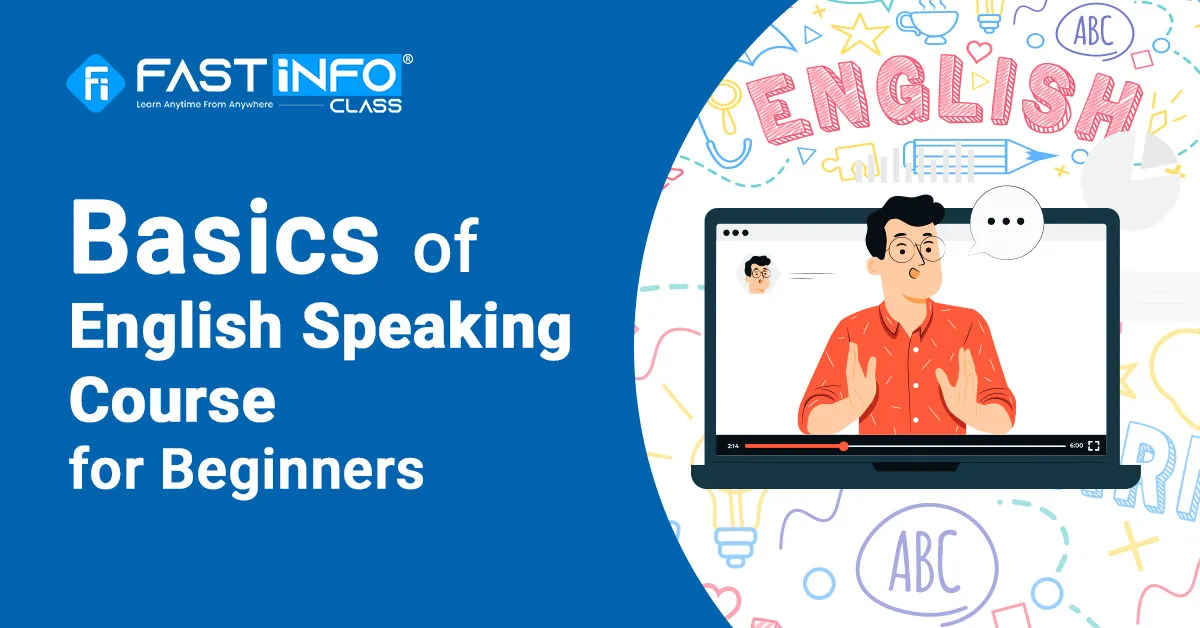Top 10 IELTS Coaching Centres in India
04 Jun, 2025

 By FastInfo Class
Published On 19 Jun 2021
Updated On 05 Feb 2025
Category Spoken English
By FastInfo Class
Published On 19 Jun 2021
Updated On 05 Feb 2025
Category Spoken English
People mostly talk about increasing the vocabulary, and it is somehow similar to making your own gallery of words. We add a lot of words in our gallery, but how many of them do we remember? What can be done to remember all of them? And how can we help our students to get used to the words as well as how to utilize what they’ve learnt? We can -- Remodel the classroom into ‘Gallery of Words’. The following pointers give you insight on the ways you can grow your Vocabulary or Improve your vocabulary:
To observe vocabulary, it has to be noticeable, or striking, in some way. We can help to make vocabulary more noticeable for learners by drawing their attention to the items and by motivating them to make meaningful sentences with them and create a personal connection with the words.
This process of organizing needs decision-making and categorizing words according to their meaning, or matching them with synonyms and antonyms. The best way to use the words kept in ‘Gallery of Words’ is to make sure that students must choose words that can be used in their conversations daily to keep them fresh.
This kind of contextualization will help students to learn not only individual words but also how to use them, making it more likely that students will retain and make use of them.
At FastInfo Class™ we deliver the best way to learn English. English is one of the most common languages to communicate. We provide our students with the best platform to learn and practice at the same time.

Top 10 IELTS Coaching Centres in India
04 Jun, 2025

How an English-Speaking Tutor Can Improve Your Fluency?
20 May, 2025

Spoken English Classes Online: Speak with Confidence
19 May, 2025

Mastering Spoken English for Businessmen
15 May, 2025

Why is Spoken English for Business Owners Essential?
29 Apr, 2025

Daily English Conversation Practice for Beginners: 50 Useful Topics
29 Jun, 2023

Must Read Novels to Improve English for Beginners to Advanced
21 Feb, 2023

Top 15 Spoken English Books to Enhance Your Fluency
09 Sep, 2023

English Speaking Course for Beginners - Everything you must know
22 Sep, 2021
.webp)
What are the Benefits of Speaking English Fluently?
27 May, 2021